Now that the weather is starting to warm up and the days are getting longer, this is a great time to add or refresh the mulch in your garden!
During winter, the colder weather holds more moisture in your soil. Now that the temperature is rising, you might find that your plants, crops and garden beds are drying out more frequently.
If you don’t already have mulch on your garden beds, this is a great step to add to ensure they are retaining moisture. Plus, it can help to ensure your water is not being lost due to evaporation.
You may like to consider what type of mulch you will be using on your garden beds or veggie patches. Different variations can have different results for your plants. Also, take into consideration the effects your options may have on the environment. Fo example, if you will be using organic matters rather than plastic or non-compostable options.
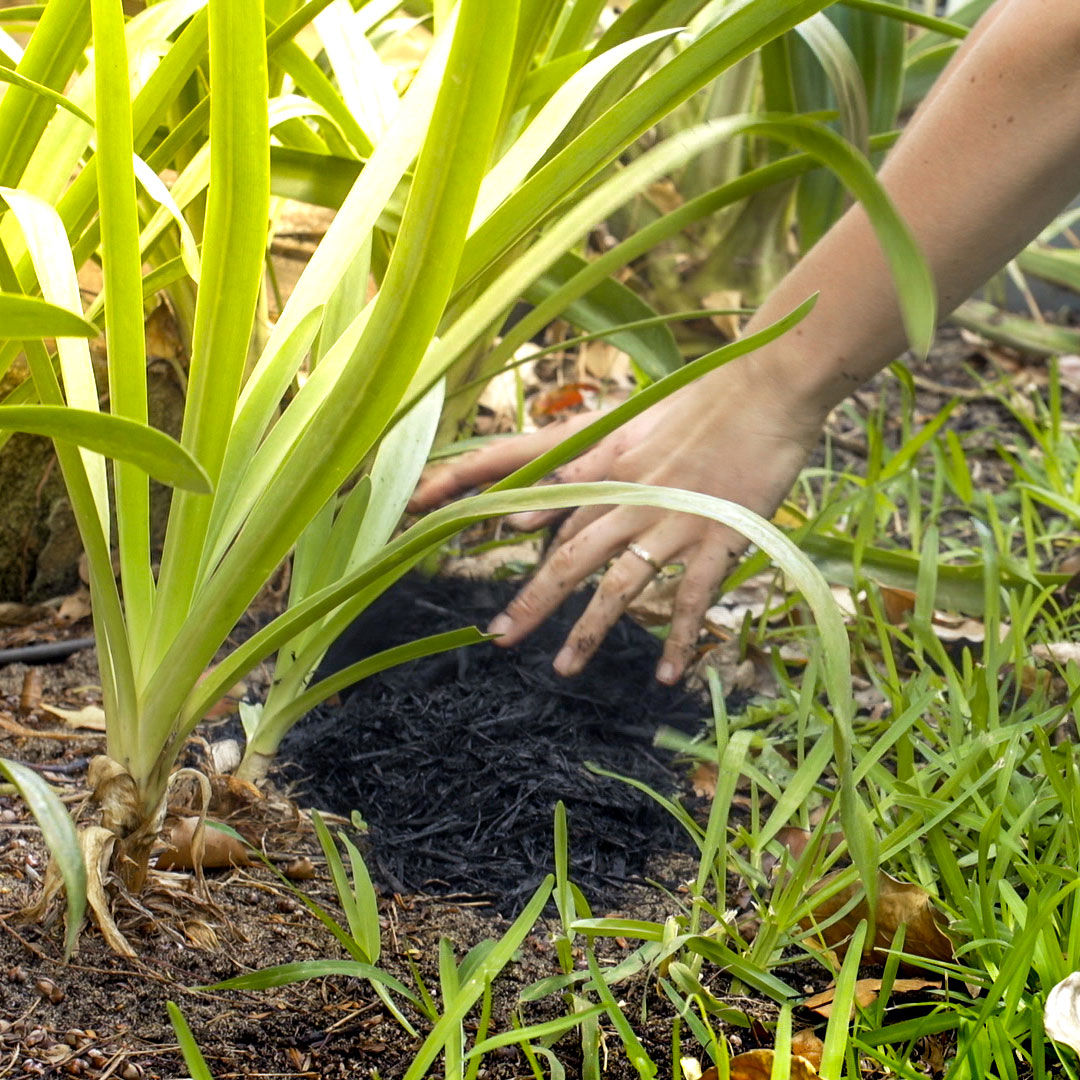
TYPES OF ORGANIC MULCH
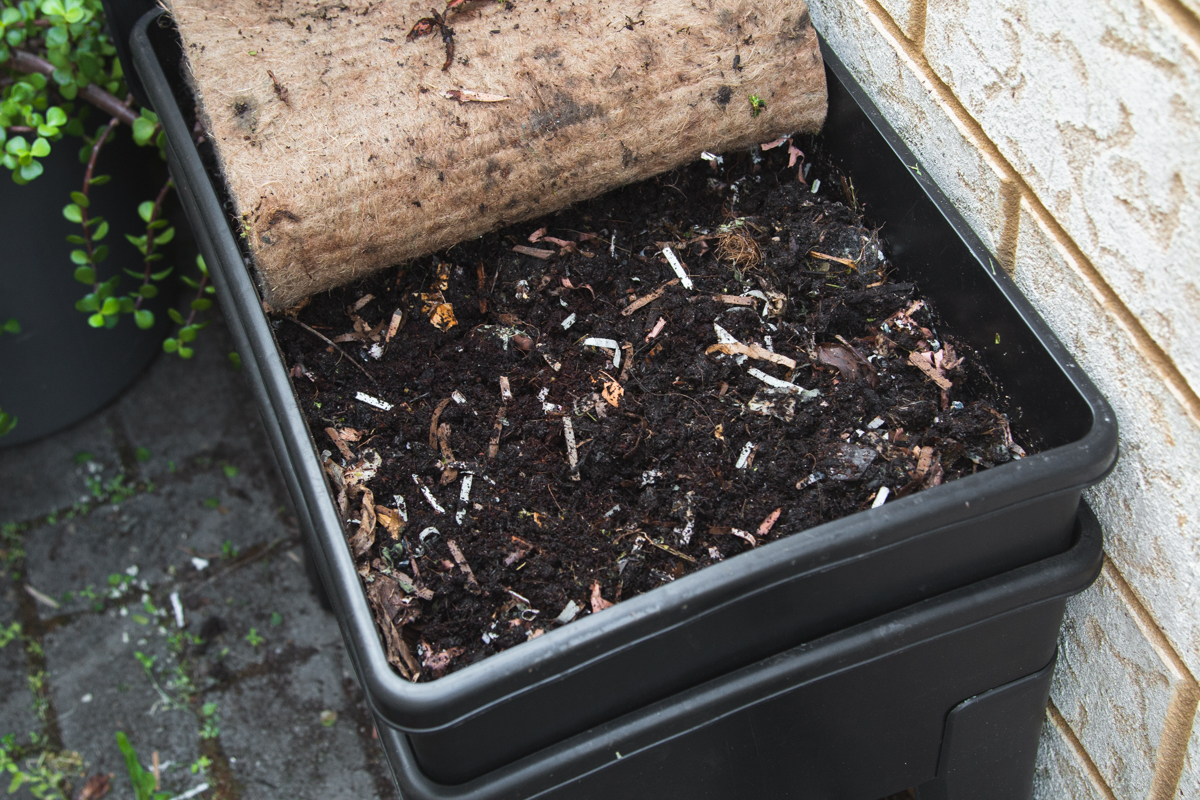
COMPOST
Did you know that you can use your compost as a mulch as well? Certain compost mixtures help retain more water in your soil. Simply mix with the first 4cm of your garden bed soil and you’ve now got two benefits from only adding one thing! However, we recommend only using this option of you have a smaller area to mulch as it can be pricier if you can’t make your own compost.
PEA STRAW
Pea straw is a great option to help improve soil conditions as it has high levels of nitrogen. It helps stimulate growth in your roses, flowers, veggies gardens and fruit trees. This option is not as long term as other mulches and requires replacing more frequently.
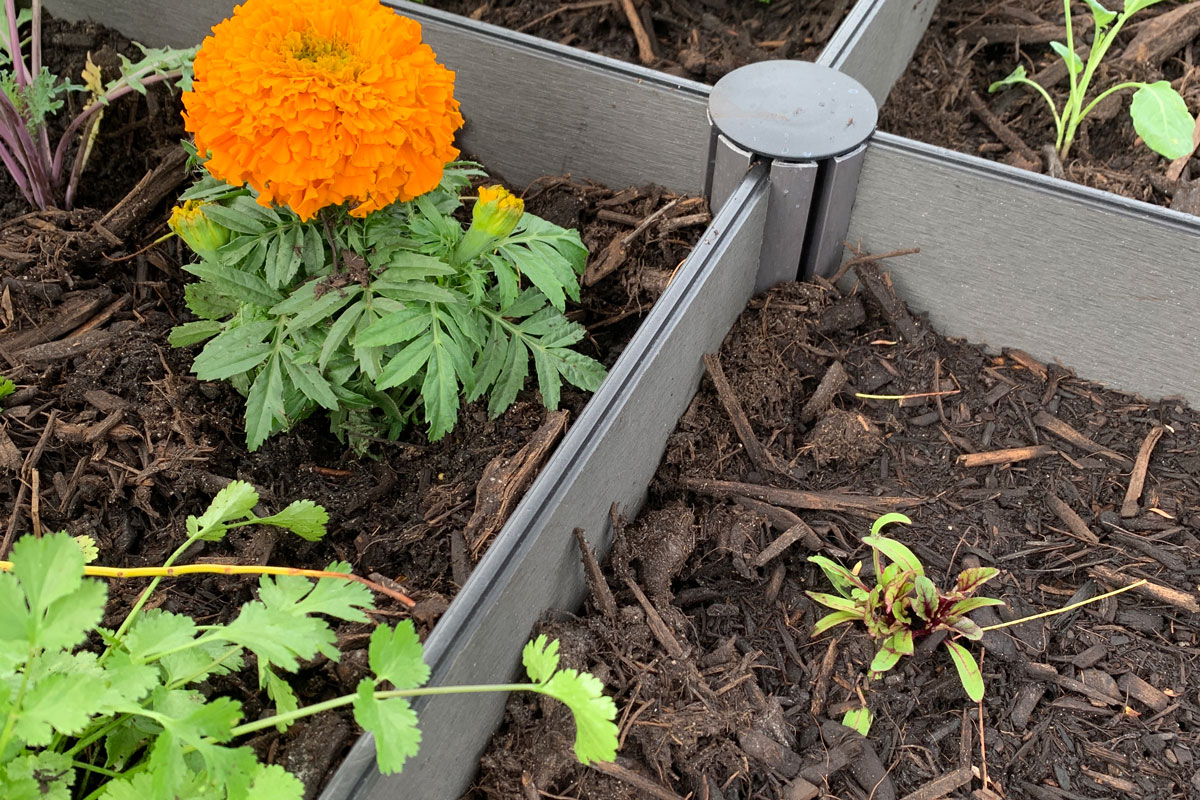
WOODCHIPS OR SHREDDED LEAVES
For an inexpensive mulch, woodchips or shredded leaves are a great option to use in your flower beds, around shrubs or near pathways. This is a long-term option as they both break down slowly and can help keep more moisture in your soil.
NEWSPAPER OR CARDBOARD
Adding a layer of shredded newspaper or cardboard, topped by grass clippings is an easy way to make your own organic mulch. This is ideal for garden beds and shrubs as the grass clippings will break down towards the end of spring. Keep in mind to only use black and white newspaper and uncoloured cardboard as the ink can be harmful to your plants.
POINTS TO CONSIDER
Adding any of these organic mulches to your garden will help improve your soil conditions. This includes protecting your soil from harsh temperatures and locking in moisture. As well as protecting yours plants from weeds and helping you avoid soil compaction. Keep in mind, that more is not always better. Try and limit your mulch to 5-10cm thick. Too much mulch may result in excess moisture in the root zone or a build-up of insects around trees and shrubs.
Whilst there are non-organic mulch options, including plastic or fabric sheets. We don’t recommend these as they have a higher environmental impact and cannot be recycled. Some non-organic mulches also stop water from being able to reach the soil, we recommend installing irrigation beforehand.
GARDEN READY ACCESSORIES
If you don’t want to dig up your own garden, a Raised Garden Bed is a great option! We recommend installing these with a type of organic weed mat underneath. Depending on your type of plants, a moisture holding mulch such as straw newspaper or grass clippings – is a great option on top.
In the dry summer months, you will want to make sure your soil is thoroughly soaked before you place down a mulch, doing this will help you water less later on, as the mulch will keep in the moister and help stop water loss due to evaporation. Our Twin Gun Set provides you with numerous watering options for your garden.
If you are using a mulch to keep weeds out, consider placing drip irrigation underneath your mulch to ensure they are still getting watered. This is another great water saving option. It allows your plants get the water where they need it, directly at the roots. Keep in mind this type of mulch will not allow water to enter from the surface.

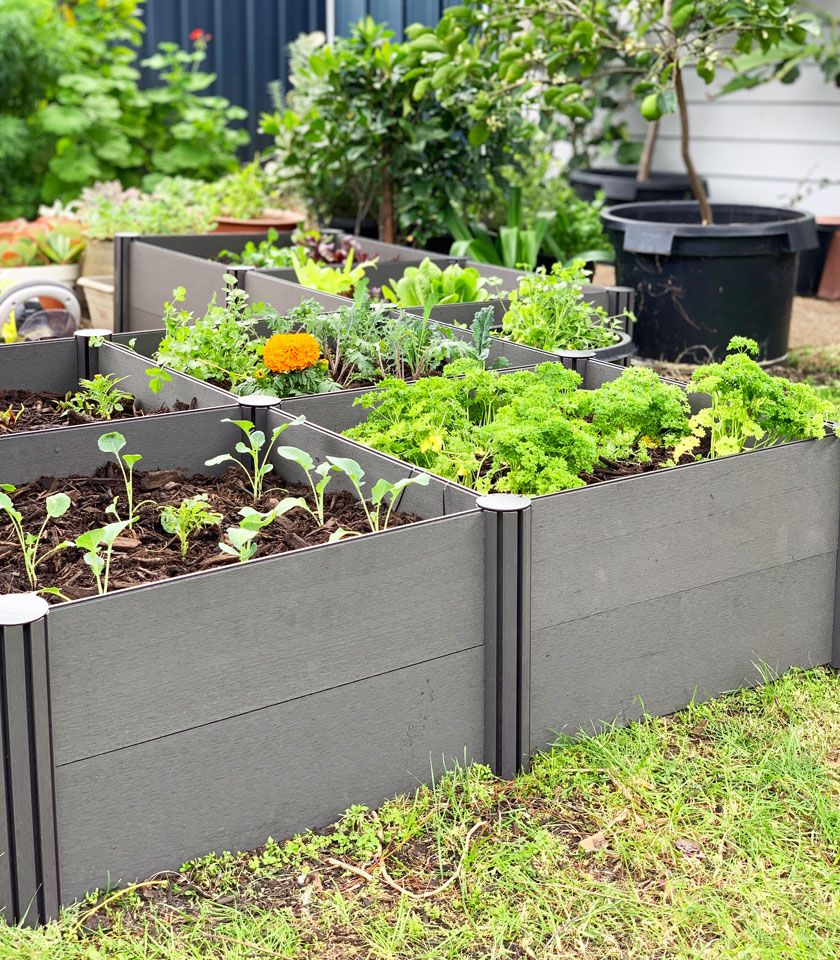
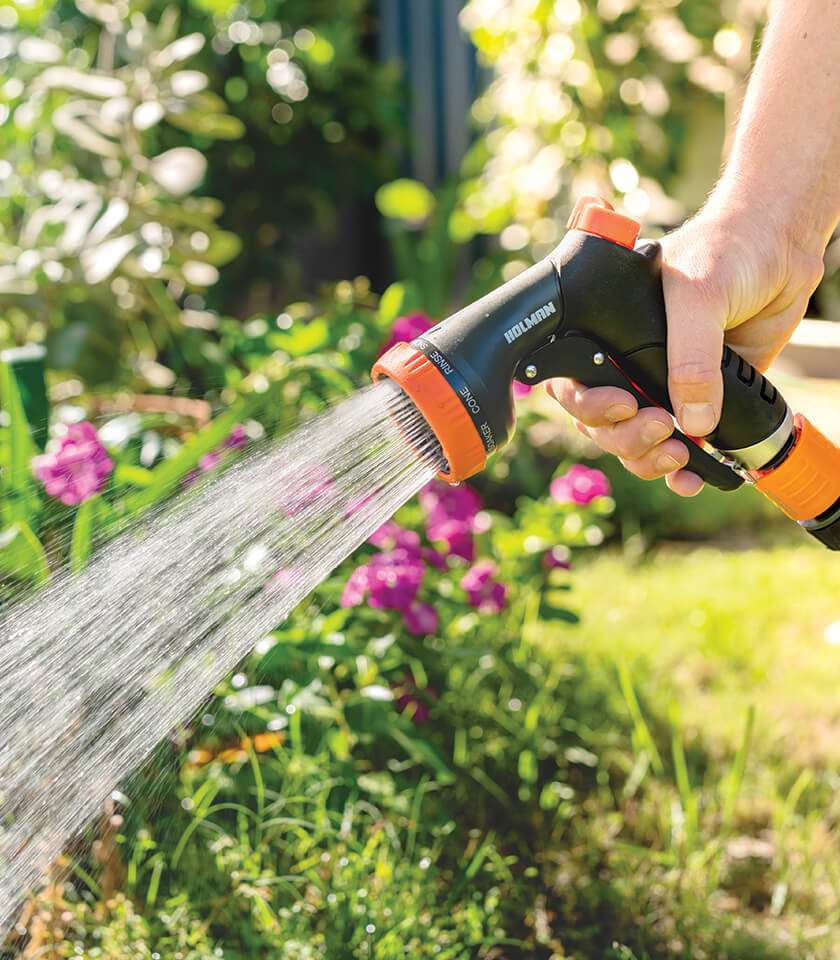
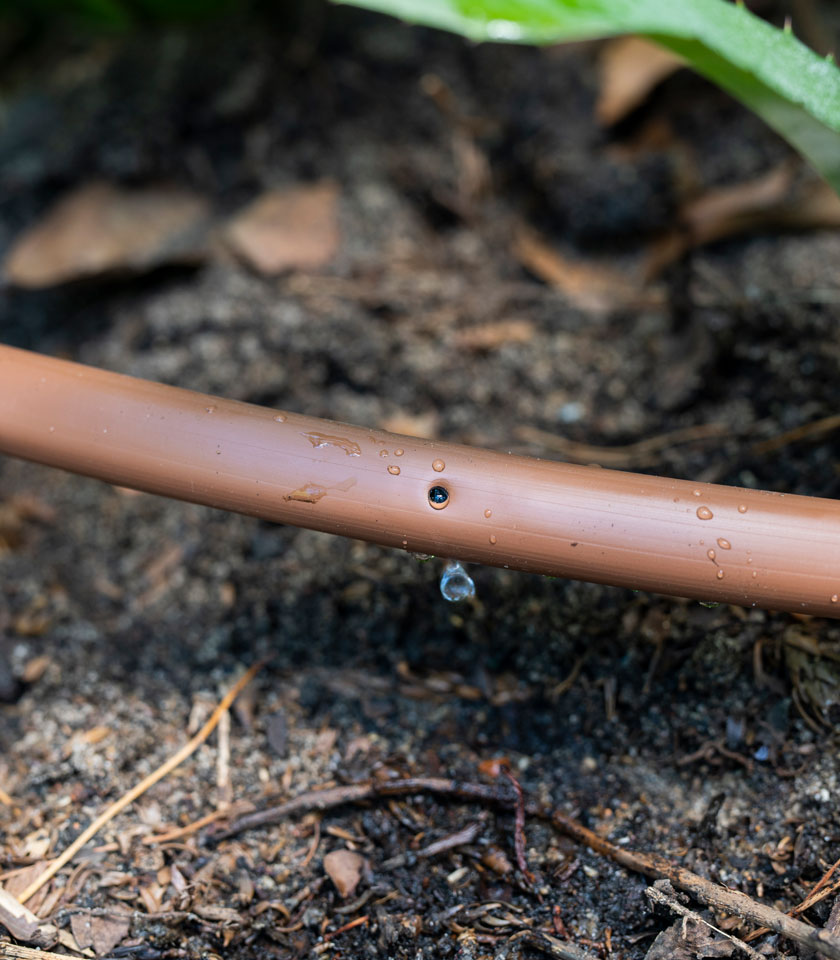


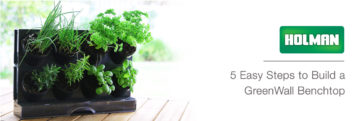
 No products in the cart.
No products in the cart.
It is a very useful blog and very important information about Mulch.
Really interesting points here particular the one on the pea straw, I never would have thought of that.
Thankyou for these helpful, environment friendly tips. I can hardly believe we have AUSTRALIAN OWNED AND MADE quality products for our gardens!